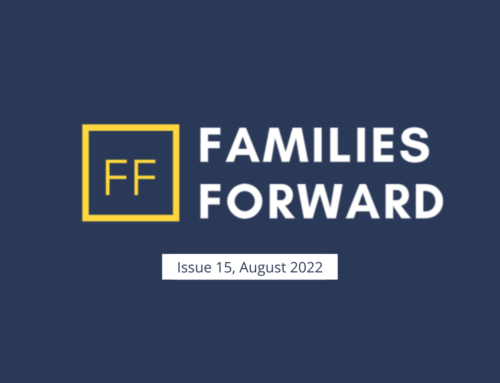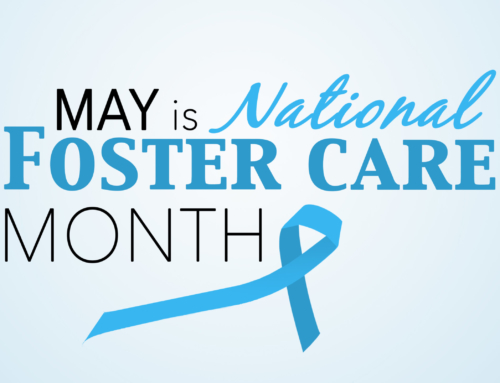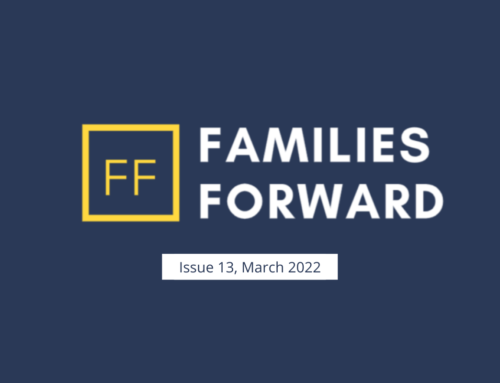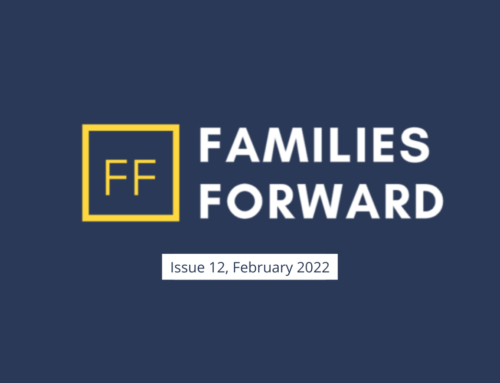
Healthy Habits
We all have our guilty pleasures, adults and children alike. While giving in to a sweet treat now and again may not be the worst thing for us, we have to be mindful not to overindulge. Forming healthy eating habits and sharing those habits with our families benefits everyone. Sometimes it is a struggle when a child is a picky eater, or wants to eat junk food all the time. It can be even trickier when that child is a foster child who may have been raised with different eating habits or cuisine that the foster family is not used to eating. Part of fostering is ensuring that children remain tied to their roots and their heritage. It is important to be mindful of incorporating their favorite dishes, while also teaching and encouraging healthy eating habits. Supporting healthy eating habits is essential- not just for physical health, but also for emotional wellbeing and building trust.
Modeling healthy behaviors such as eating the right portion sizes, filling plates with more healthy food than not-so-healthy foods, and stocking the fridge with healthy choices are all great ways to set positive examples for our families. As tempting as it may be to reach for those cookies at the grocery store, maybe opt for some fresh fruit instead. Perhaps going out to eat is only on rare occasions, while most meals are prepared at home making it easier to know what ingredients are in the meals. On the hot summer days when all you want is a nice big scoop of ice cream, consider frozen yogurt or homemade frozen fruit bars.
Include the entire family in meal planning and prepping. Take the kiddos to the grocery store with you so that they can see where all of their healthy foods are coming from. Teach them how to prepare meals or to follow a recipe. There is nothing quite like seeing a child’s proud smile plastered across their face when they have created something that they can share with the rest of the family. These accomplishments are cause for celebration! Perhaps give your teen free reign of the kitchen once a week to prepare something of their choice to share with the family. By allowing children to help plan meals, grocery shop, and cook when possible, this builds autonomy, interest in food, and positive habits.
Here are some additional healthy habit tips for foster parents:
- Establish predictable mealtimes to create a sense of routine and security
- Avoid using food as a reward or punishment, which can create unhealthy associations
- Make healthy foods available and visible- keep fresh fruits, veggies, whole grains, and lean proteins in the house
- Encourage water or milk over sugary drinks
- Try a snack drawer with healthy grab and go options
- Be aware of a child’s past trauma, food insecurity, or restrictive environments
- Allow second helpings, and don’t force "clean plates"
- Respect fears or preferences as they may be survival-based
- Use fun names or games to make meals exciting and normalize a variety of foods
- Eat meals together without distractions like phones or TV, using the time to connect and model balanced eating
- Refrain from negative comments about food choices or body image
- Praise efforts to try new foods rather than focusing on outcomes
- Talk about nutrition in a kid-friendly way (e.g. carrots help your eyes or protein helps us to grow strong)
- Don’t overwhelm them with rules, just consistent and patient guidance
- Collaborate with caseworkers, therapists, and nutritionists if there are eating issues
- Some kiddos may need additional support, especially with sensory or emotional eating concerns
- Be patient. It takes time to build trust and healthy habits
- Celebrate small wins, like trying one bite of a new food
Resources:
https://kidshealth.org/en/parents/habits.html, https://www.cdc.gov/healthy-weight-growth/tips-parents-caregivers/index.html, https://www.myplate.gov/tip-sheet/healthy-eating-kids








